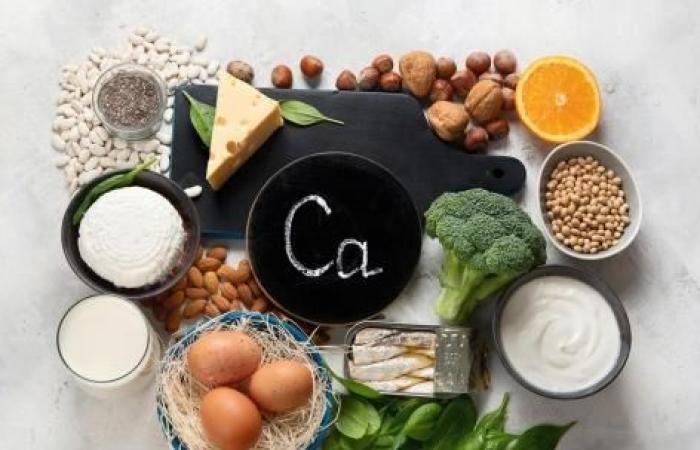THE ESSENTIAL
- According to one study, each additional intake of 300 mg of calcium per day (the equivalent of a glass of milk) reduces the risk of colorectal cancer by 17%.
- This could be explained by calcium’s ability to bind bile acids in the intestine, thereby reducing the colon’s exposure to potentially carcinogenic substances.
- The study also shows that individuals predisposed to consume more milk thanks to genetic variants see their risk reduced by 40% for every 200 grams of milk consumed daily.
With nearly two million new cases per year worldwide, colorectal cancer ranks third among the most common cancers. Although its prevalence is higher in high-income countries, it is increasing rapidly in lower-income regions. However, we know that dietary factors, often modifiable, are crucial in the appearance and development of this disease. Among them, calcium could notably play a significant preventive role, according to a new study published in the journal Nature Communications.
The protective role of calcium on colorectal cancer
To achieve this finding, researchers from the University of Oxford (United Kingdom) analyzed data from 542,778 British women over more than 16 years, identifying 12,251 cases of colorectal cancer. Their conclusion is clear: each additional intake of 300 mg of calcium per day (the equivalent of a glass of milk) reduces the risk of colorectal cancer by 17%.
This protection could be explained by the ability of calcium to bind bile acids in the intestine, thereby reducing the colon’s exposure to potentially carcinogenic substances. Additionally, dairy products such as milk, yogurt and other calcium-rich foods appear to play a similar role, a statement said.
Genetic predispositions and eating habits
The study also explored genetic aspects: it showed that individuals predisposed to consume more milk thanks to genetic variants saw their risk reduced by 40% for every 200 grams of milk consumed daily. This correlation reinforces the hypothesis that calcium is the main player behind this protective effect.
Beyond calcium, the study highlights the importance of a diet rich in fiber and fruit. For example, consuming 20 grams of whole grains per day reduces the likelihood of colorectal cancer by 10%, as does a daily serving of fruits, leafy vegetables or even vitamin C.
Finally, researchers point to the carcinogenic role of the consumption of alcohol and red or processed meat, already established by other studies here and there. They therefore point out that the risk of colorectal cancer increases respectively by 15% for each 20 grams of alcohol consumed per day (around two glasses), and by 8% for each additional 30 grams of meat (a slice of bacon).






